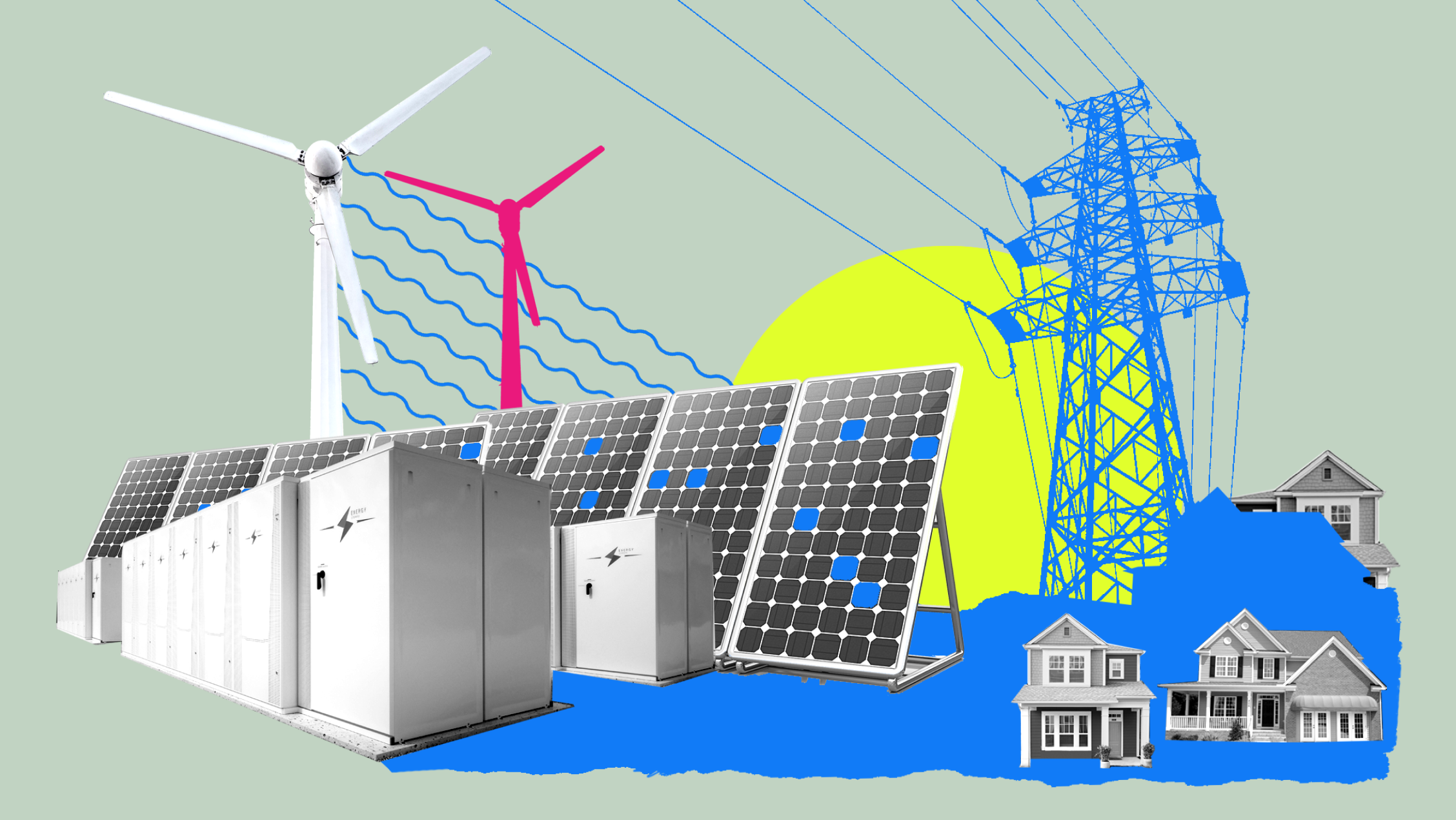You need to enable JavaScript to view this site.
The Download
Plus: TikTok clips are peddling lies about the war in Ukraine
This is today’s edition of The Download, our weekday newsletter that provides a daily dose of what’s going on in the world of technology.
This $1.5 billion startup promised to deliver clean fuels as cheap as gas. Experts are deeply skeptical
Last summer, Rob McGinnis, the founder and chief executive of startup Prometheus Fuels, gathered investors in a parking lot in Santa Cruz, California, to show off his “Maxwell Core.” The pipe-shaped device is packed with a membrane riddled with carbon nanotubes, forming pores that separate alcohols from water.
That day, it was connected to a tank filled with both. As McGinnis explained how the technology worked, his staff used it to fill the tank of a Harley-Davidson motorcycle. The alcohol seeped through the membrane, concentrating it enough to power the vehicle, which had been converted to run on the fuel, he said.
It was a theatrical demonstration of the technology key to McGinnis’s beguiling pitch: Prometheus will transform the global fuel sector by drawing greenhouse gas out of the air and converting it into carbon-neutral fuels that are as cheap as dirty, conventional ones.
But while investors have thrown money at the company, pushing it up to a valuation of more than $1.5 billion, there is little evidence it can actually live up to its lofty claims. Read the full story.
—James Temple
WeChat wants people to use its video platform. So they did, for digital protests.
Inside Shanghai: On Friday night, millions of people in China watched the same video on their phones: a six-minute montage of audio clips from the covid-19 lockdown in Shanghai, titled The Voice of April. Its emphasis on the lockdown’s human toll struck a chord, and people shared it widely on WeChat and other messaging sites.
Inevitable censorship: Despite its reserved tone and lack of personal comment, even a “safe” video can be seen as disruptive if it reaches too large an audience in China’s political reality. State censors began quickly scrubbing the clip from messaging sites, prompting people to find clever ways to dodge censorship and help it reach the next viewer.
Resisting erasure: Chinese people have used every technological tool at their disposal to circumvent or deceive the pandemic censorship machine, including disguising the video by embedding it in other clips, overlaying its audio onto other videos, and using QR codes to share the video’s link. But while the censors succeeded in getting the clip taken down, the dead links to the original remain on people’s timelines, reminding everyone of what happened. Read the full story.
—Zeyi Yang
Quote of the day
“What else can we do? It’s just the state of life now.”
—Galina, a plumbing saleswoman from Ivano-Frankivsk, a city in the west of Ukraine, tells The Guardian why she signed up for sessions teaching women how to handle a gun.
The must-reads
I’ve combed the internet to find you today’s most fun/important/scary/fascinating stories about technology.
1 TikTok has become a major platform for misinformation about the war in Ukraine
Videos peddling falsehoods are drawing millions of views. (BBC)
+ The US is attempting to make up for lost time in supporting Ukraine, after years of mixed signals and indecisiveness from US leaders. (NYT $)
+ Secretary of State Antony Blinken says Russia is failing in its war aims. (AP)
+ The US is increasing arms shipments to Kyiv. (FT $)
+ How Russian influencers are responding to the war. (The Guardian)
2 Chinese NFT platforms don’t want you to trade NFTs anymore
The question is whether people will still buy them once big profits are off the table. (TR)
3 People are taking out blockchain loans to pay off their student debt
This is as risky as it sounds. (TR)
4 Tech giants are trying to undermine trust in their newly-formed unions
Using some rather old-school tactics. (WP $)
+ Apple store workers are following Amazon and Starbucks workers’ example. (WSJ $)
5 Elon Musk could finalize a deal to buy Twitter this week
Time to take his offer seriously, if you weren’t already. . (WSJ $)
6 Being a high-profile woman online is exhausting
It’s no wonder so many of them choose to opt out altogether. (Wired $)
+ How to protect yourself from online harassment. (WP $)
+ Even better, here’s how we could make the internet suck less for women (and everyone else.) (TR)
7 Gen Z is not okay with the way we work today
And they’re not afraid to say so, either. (Vox)
8 The word “doxxing” is losing its meaning
Here’s what it doesn’t mean: someone doing their job as a journalist. (The Atlantic $)
9 Spacesuits desperately need a makeover
They’re way too stiff, for a start. (The Economist $)
+ Michigan wants to be the next big space state. (New Yorker $) + The first all-private mission to the ISS is heading back to Earth. (Space)
+ While growing meat in space is possible, it’d be extremely expensive. (BBC)
10 Why we’re still so crazy for instant photography 📸
Spoiler: it’s not just about nostalgia. (Fast Company $)
+ Art collectors should be careful about buying fade-prone Polaroids. (Artsy)
Deep Dive
Climate change


Cheap, long-lasting iron-based batteries could help even out renewable energy supplies and expand the use of clean power.


A large plant that captures carbon from the air could help create an industry the world needs to avoid dangerous levels of warming this century.
Stay connected

Get the latest updates from
MIT Technology Review
Discover special offers, top stories, upcoming events, and more.






